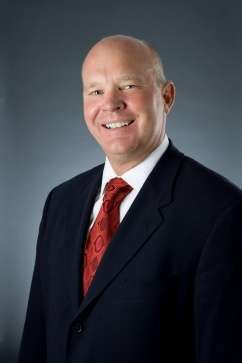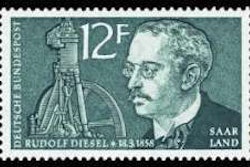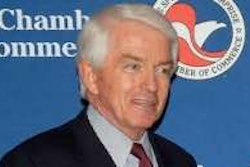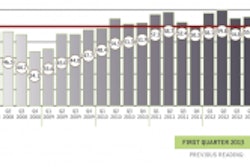 Scott F. Belcher, president and CEO of the Intelligent Transportation Society of America
Scott F. Belcher, president and CEO of the Intelligent Transportation Society of Americaby Scott F. Belcher, president and CEO, Intelligent Transportation Society of America
As we count down to the Intelligent Transportation Society of America’s (ITSA) Annual Meeting to be held in Nashville this April, there’s never been a more critical time for all of us who are working to ensure America’s leadership in transportation and infrastructure, to speak with a united voice.
A perfect case in point is developing in Washington, D.C., right now.
At ITS America, we are engaged in all aspects of surface transportation infrastructure and technology development, with the goal of improving safety, mobility, economic competitiveness and the environment. For more than a decade, many of our member companies and organizations have been working to develop an advanced communications system – known as connected vehicle technology – that enables cars to talk to each other and to the infrastructure around them to help prevent crashes before they happen. A connected vehicle network is seen as the next giant leap in the auto safety community.
The whole system is based on a band of spectrum in the 5.9 GHz range, which was set aside by the Federal Communications Commission (FCC) for the development of connected vehicle technology. Hundreds of millions of taxpayer and industry dollars have been spent researching, developing and testing the technology, which has the potential to save thousands of lives which are lost on our nation’s roadways every year. But on Feb. 20, the FCC will issue a notice of proposed rulemaking opening a discussion on the idea of making that same bandwidth available for unlicensed Wi-Fi-based devices which could potentially interfere with the connected vehicle signals.
This should concern all of us, not just because we’re in the business, but because we all share the roadways and we all have kids, wives, husbands and loved ones in the car with us.
The U.S. Department of Transportation (DOT) estimates that a connected vehicle network could potentially address 80 percent of all crash scenarios involving non-impaired drivers, saving thousands of lives each year while also providing significant mobility, environmental and economic benefits.
The U.S. DOT is currently sponsoring a massive Connected Vehicle Safety Pilot in Ann Arbor, Mich. where nearly 3,000 vehicles have been equipped to collect vehicle-to-vehicle (V2V) and vehicle-to-infrastructure (V2I) performance data. The National Highway Traffic Safety Administration (NHTSA) will use this data to consider whether to require the technology in all new vehicles or explore other alternatives for encouraging broad-scale implementation of this life-saving communications system.
At ITS America, we recognize there is a shortage of bandwidth and our industry, in concert with the federal government and other stakeholders, must work together to address this challenge. But with over 30,000 deaths on our nation’s roads every year, it is critical that efforts to open up additional spectrum do not come at the expense of revolutionary life-saving technologies.
Just this week ITS America, along with AAA, major automakers, the American Association of State and Highway Transportation Officials (AASHTO), safety advocates and innovation leaders banded together to send a letter to FCC Chairman Genachowski urging his agency not to rush to open up the spectrum, but to allow for due diligence in the form of testing and thorough evaluation before any decisions are made. (Click here for a downladble PDF of the letter.)
While there may be ways to share the spectrum with unlicensed Wi-Fi devices, we need to make sure the result does not put lives at risk.
Connected vehicles and infrastructure will be major topics of discussion at the Intelligent Transportation Society of America’s (ITS America) 23rd Annual Meeting & Exposition being held in Nashville, Tenn. from April 22-24, 2013 at the Gaylord Opryland Resort and Convention Center. FHWA sponsored training will also take place. To register, go to www.itsa.org/annualmeeting or e-mail [email protected] for more information.
About the author: Scott F. Belcher was appointed President and CEO of the Intelligent Transportation Society of America in September 2007 after a successful legal and nonprofit management career including more than 20 years of private and public sector experience in Washington, DC. Scott’s vision for moving Intelligent Transportation Systems (ITS) to the next level includes raising awareness of the value of ITS among consumers, legislators, and the media and seeking increased federal funding of ITS initiatives. He holds a Juris Doctor from the University of Virginia, a Master of Public Policy from Georgetown University, and a Bachelor of Arts from the University of Redlands.












